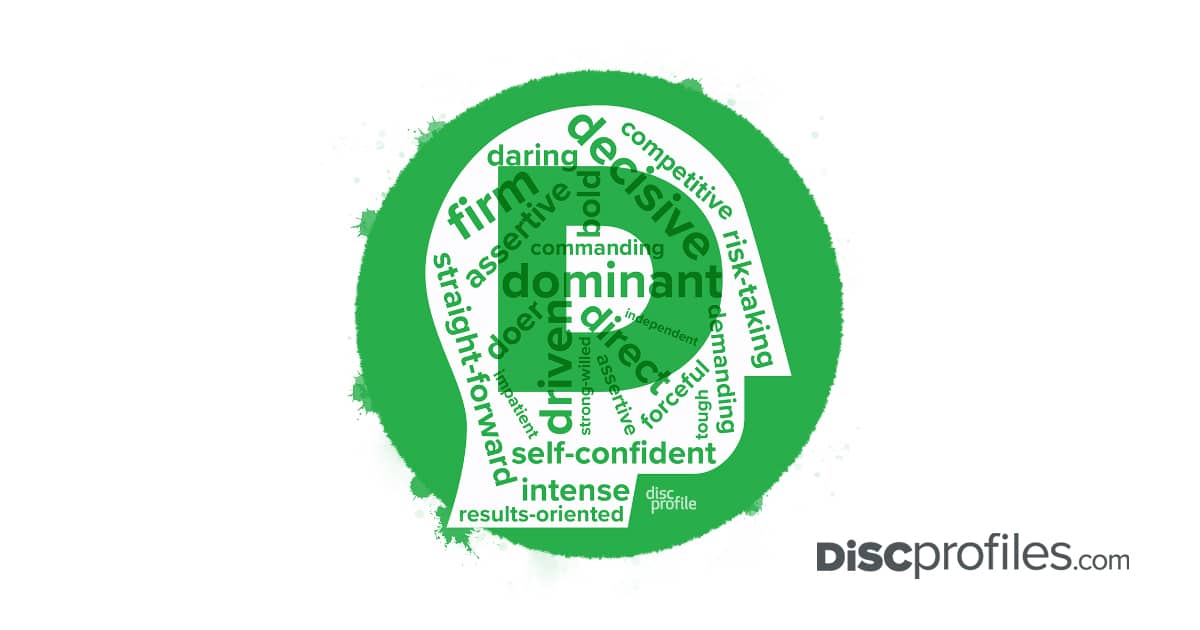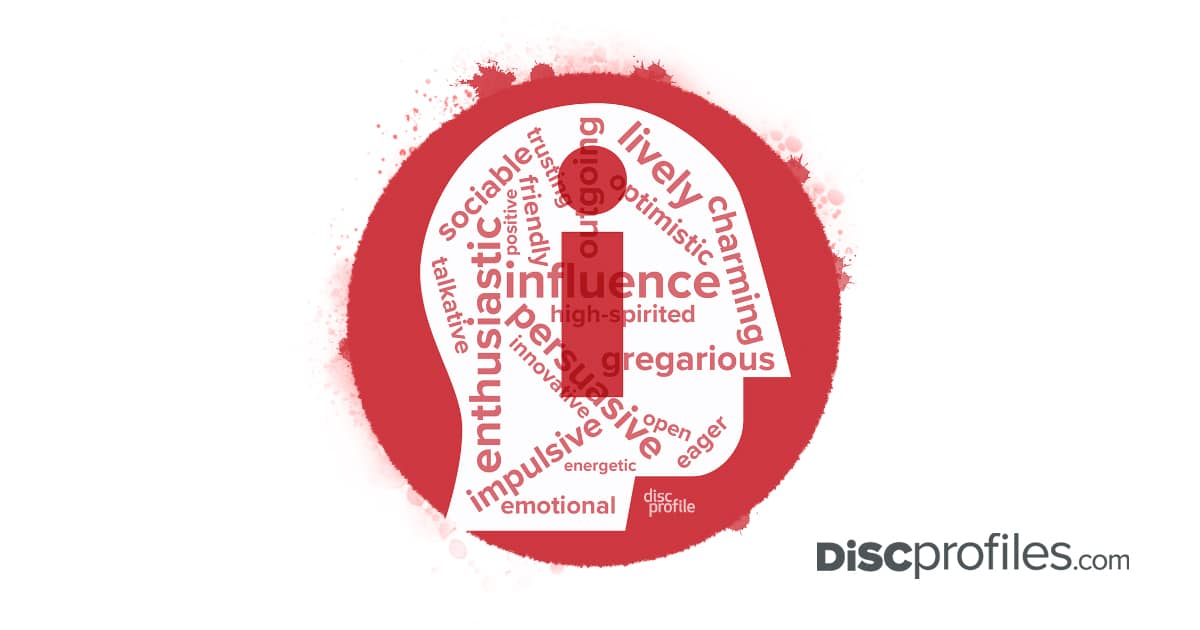Do your colleagues seem stressed? They probably are. Wiley asked 5,014 professionals, individual contributors, and C-suite executives alike about burnout and learned that 97 percent of those surveyed reported experiencing some level of work-related stress, and a shocking 86 percent reported feelings of burnout. Holidays can add to stress already felt.
So what can we do to reduce stress for people at our organizations? Some tactics at the personal level, such as increasing your level of physical activity, will apply across personalities. Other tactics are style-specific. We share a few of these here to increase your understanding of what others might find stressful and how to give them a hand.
The D style and stress
It’s not always easy being so driven, especially during times of the year when the message is “Relax! Enjoy the season!” This could be during vacation season or around big holidays. Year-round, it’s hard to avoid messages that you must destress or your health will suffer.
What really stresses D-style people?
- following prescribed traditions that don’t feel meaningful
- coping with indecisiveness of others
- facing the inability to make decisions about holiday plans
- having little independence
- dealing with others’ emotions
How can I help D styles during holiday stress?
- Allow flexibility. Perhaps you follow a tradition in a specific way each year. If you want the D-style folks involved, give them some leeway. If they want to send invitations via text instead of a card, maybe that’s just fine because the end result will still be RSVPs.
- If you need them to make several decisions, bring up all of them at one time. And be as brief and direct with them as possible.
- If they are making decisions you don’t like, let them know right away and be clear about why.
- Understand that strong emotions can make them uncomfortable. So consider offering a handshake rather than a bear hug. If they show a strong emotion themselves, give them a chance to collect themselves before addressing it.
- Let them initiate a new activity or start a new tradition.
- Help them see the value in what might seem frivolous to them.
- If a subject should be avoided during dinner, let them know and don’t belabor the point.
The i style and stress
Holidays and celebrations seem tailor-made for the exuberant i, but there’s also pressure to get their work done before they can really enjoy celebrating with others.
What really stresses i-style people?
- obligations to engage in activities or to see people that don’t interest them
- details like keeping to a budget
- not being able to express their personality
- being in a dull setting or being isolated from others
- being among unsocial people
- mundane holiday tasks
- their own overcommitments
How can I help i styles during holiday stress?
- Provide them opportunities to show their creativity.
- Help them stick to their budget or that of their organization.
- Ask them for event and decoration ideas. Let them be expressive and bring in others to help.
- Invite them to an event you or an organization you belong to is hosting. Introduce them to something new.
- Share a humorous story about your own holiday frustrations.
- Remind them that they can’t do everything or be everywhere, and help them prioritize.
- Let them express whatever emotions they are feeling. You don’t have to share them in order to listen.
- Don’t immediately dismiss or criticize their ideas.
- Help them understand they might not be able to see everyone and do everything, but they can schedule for later.
The S style and stress
Traditions mean a lot to people with S styles, and holiday seasons are filled with them. This could be a time when this style gets to shine by bringing people together. But schedules, commitments, weather, and so many other factors can derail their plans.
What really stresses S-style people?
- making unpopular decisions
- family disagreements
- having to argue for their point of view
- forgoing any traditions they cherish
- having to change plans
- chaotic environments
- giving negative feedback
- observing others valuing material things over people
How can I help S styles during holiday stress?
- Keep up a few traditions.
- Offer to coach them through any confrontation they need to have before they can enjoy the holiday.
- Let them know you care about them as people and not just for their role(s).
- Prepare them as much as possible for major changes to events, invitation lists, location, ceremonies, etc.
- Listen and ask questions to help them reflect on their stress and consider strategies they can employ. Help them keep their exercise and sleep routines during this time.
- Invite them to activities, but don’t pressure them to attend.
- Help them say “no” to requests. Respect their need to balance their energies.
- Help them not overcommit to tasks and events, or finish one task they’re struggling to finish.
- Consider having at least one time together without small children or pets if these tend to add to noise and uncertainty of an event.
- Ask if they need help.
The C style and stress
The C is a rather private style and people might assume that a C-style person won’t enjoy all the sociability of holidays. But they also love their friends, family, and colleagues and can enjoy a good party.
What really stresses C-style people?
- being unprepared
- having little private time
- being forced to mingle with strangers
- being around erratic people
- disregarding the practical realities just because it’s the holidays
- forced socializing and small talk
- time pressures
- holiday planning with people who aren’t organized
How can I help C styles during holiday stress?
- Let them prepare for any new activities. For example, if a location is changed, provide them with a map (even though they will probably look it up themselves anyway). If you’re planning a game for after dinner, let them know which one.
- Ask them for help with planning and scheduling.
- Give them some alone time. If they step away from an activity, understand that it might simply be to recharge.
- Avoid pulling them away for a spontaneous celebration, or let them know you’ll understand if they aren’t prepared to join in.
- Introduce them to any strangers with an observation of something they have in common.
- Remind them that holidays are not about the perfect gift, outfit, prayer, or meal. If it’s not perfect, it can be good enough.
- Let them know the expectations. If there’s a limit on the price of gifts, be specific and stick to it yourself. Remind them if someone has a food allergy.
When in doubt, ask
Know that what might comfort you might add stress to someone else. An i style might love it if you asked them how you could help them out. A C style might prefer to be left alone until they’ve finished. A Di might really enjoy emceeing an event, but an SC might find it a real challenge.
The best piece of advice for helping a stressed-out friend, family member, or colleague is to ask what they need and to let them know that you are willing to help. Asking if they have the time or interest in an event or a task is always appropriate. Every holiday is about relationships, and DiSC® can help you navigate those.



